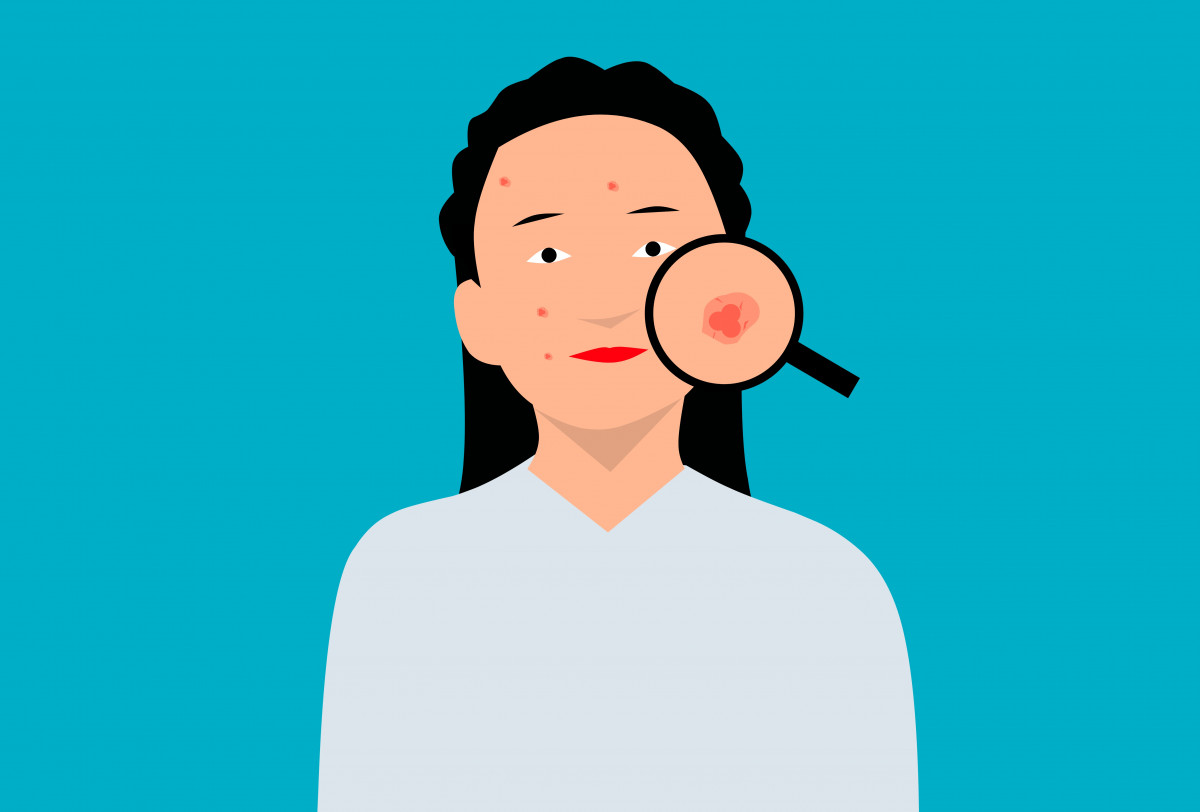Theobromine: The Secret Ingredient In Chocolate Fatal To Our Companions.
Theobromine:
The Secret Ingredient In Chocolate Fatal To Our Companions.
Photo credit (Shaw, 2018)
Have you ever gone trick-or-treating when you were younger? Do you still like to entertain your sweet tooth once in a while? Just like you may have answered yes to those questions, my curiosity was piqued when I questioned why chocolate was so alluring for humans, yet might be fatal to our furry friends. I found out that the uncommonly known perpetrator would be a chemical called Theobromine. Read on to dive into the fascinating world of Theobromine!
What is Theobromine and Where Does it Come From:
Theobromine is the principal alkaloid (naturally occurring organic compound) found in the cacao bean (Drugbank, 2007). Taking a white powder appearance, it is extracted from the husks of cacao beans grown on the cacao tree native to tropics like the Amazon rainforest (“Cacao” instead of “cocoa” refers to the raw material) (IARC, 1991; Hoola, 1885). This chemical is the main factor that contributes to the bitter taste of chocolate (Wikipedia Contributors, 2019).
Fun fact, despite its name, theobromine doesn’t contain bromine; (which is a Halogen seen on the periodic table) instead, it’s a compound that is structurally similar to caffeine (Lyon et al., 2023).
Common Uses of Theobromine:
Back in the day, theobromine was used for its vasodilator and diuretic properties (National Center for Biotechnology Information, 2024). This meant it would help open up blood vessels and help reduce fluid buildup in the body (Mayo Clinic Staff, 2021; Mayo Clinic Staff, 2023). However, nowadays, there are no known therapeutic uses for theobromine (Drugbank, 2007).
Toxic Properties:
While humans can easily digest and process theobromine, it’s a different story for our furry friends (Finlay & Guiton, 2005). Specifically speaking cats and dogs. Dogs metabolize theobromine much slower than humans, making chocolate, potentially lethal for them (Finlay & Guiton, 2005). Similarly, cats are also sensitive to theobromine. Symptoms of theobromine toxicity in both cats and dogs may include vomiting, diarrhea, rapid breathing, increased heart rate, seizures, and in severe cases can lead to death (Schelle, 2022). These high risk symptoms create no probable use for theobromine in animals.
Through unveiling theobromine -the not-so-secret ingredient in chocolate- we learn that it adds taste to our treats but poses a serious risk to our pets. Remember, always keep chocolate away from your pets, whether they bark or purr!
References
Baggott, M. J., Childs, E., Hart, A. B., de Bruin, E., Palmer, A. A., Wilkinson, J. E., & de Wit, H. (2013). Psychopharmacology of theobromine in healthy volunteers. Psychopharmacology, 228(1), 109–118. https://doi.org/10.1007/s00213-013-3021-0
CAMEO Chemicals. (n.d.). THEOBROMINE. Cameochemicals.noaa.gov. https://cameochemicals.noaa.gov/chemical/21098
Drugbank. (2007, July 17). Theobromine. Go.drugbank.com. https://go.drugbank.com/drugs/DB01412
Finlay, F., & Guiton, S. (2005). Chocolate poisoning. BMJ : British Medical Journal, 331(7517), 633. https://www.ncbi.nlm.nih.gov/pmc/articles/PMC1215566
Hoola, B. van Nooten. (1885). Cacao (Theobroma cacao L.): fruiting and flowering branch with separate numbered sections of flowers, fruit and seed. Chromolithograph by P. Depannemaeker, c.1885, after B. Hoola van Nooten. JSTOR. https://www.jstor.org/stable/community.24794911
IARC Working Group on the Evaluation of Carcinogenic Risks to Humans. (1991). Theobromine. Www.ncbi.nlm.nih.gov; International Agency for Research on Cancer. https://www.ncbi.nlm.nih.gov/books/NBK507032/#:~:text=(a)%20Production
L. Russell Cook. (2018). Cacao | Description, Cultivation, Pests, & Diseases. In Encyclopædia Britannica. Britannica. https://www.britannica.com/plant/cacao
Lyon, R., Mitchell, G., & Orellana, C. (2023, March). Theobromine - Molecule of the Month - March 2020 (HTML version). Www.chm.bris.ac.uk; Hereford Sixth Form College. https://www.chm.bris.ac.uk/motm/theobromine/theobromineh.htm#:~:text=No.
Mayo Clinic Staff. (2021, August 13). Diuretics. Mayo Clinic. https://www.mayoclinic.org/diseases-conditions/high-blood-pressure/in-depth/diuretics/art-20048129
Mayo Clinic Staff. (2023, August 9). Vasodilators. Mayo Clinic. https://www.mayoclinic.org/diseases-conditions/high-blood-pressure/in-depth/high-blood-pressure-medication/art-20048154#:~:text=Vasodilators%20are%20medicines%20that%20open
Mind. (2021). What is a drug’s half-life? In Psychiatric medication (pp. 1–15). Mind | for better mental health. https://www.mind.org.uk/media/7226/psychiatric-medication-2021.pdf
National Center for Biotechnology Information. (2024). Theobromine. Nih.gov; PubChem. https://pubchem.ncbi.nlm.nih.gov/compound/Theobromine
Schelle, L. (2022, October 17). Is Chocolate Bad for Cats? Compassionate Animal Care. https://www.queencreekvet.care/2022/10/17/chocolate-poisoning-in-cats-dogs/#:~:text=Chocolate%20is%20just%20as%20bad
Shaw, M. (2018). Chocolate poisoning in dogs: myth or reality? [Online Image]. In Direct Line magazine. https://www.directline.com/pet-cover/magazine/chocolate-poisoning-in-dogs
Wikipedia Contributors. (2019). Theobromine [Online Image]. In Wikipedia. Wikimedia Foundation. https://en.wikipedia.org/wiki/Theobromine
Zoumas, B. L., Azzara, C. D., & Bouzas, J. (2012). Chocolate and Cocoa. Wiley Online Library. Mount Royal University. https://doi.org/10.1002/0471238961.0308150326152113.a01.pub3


Comments
Post a Comment